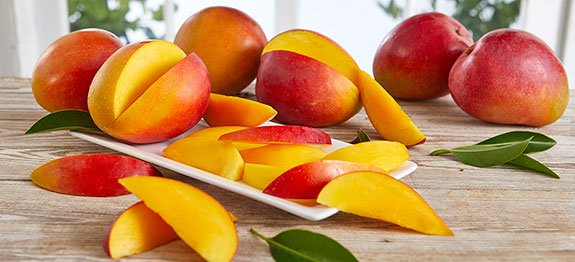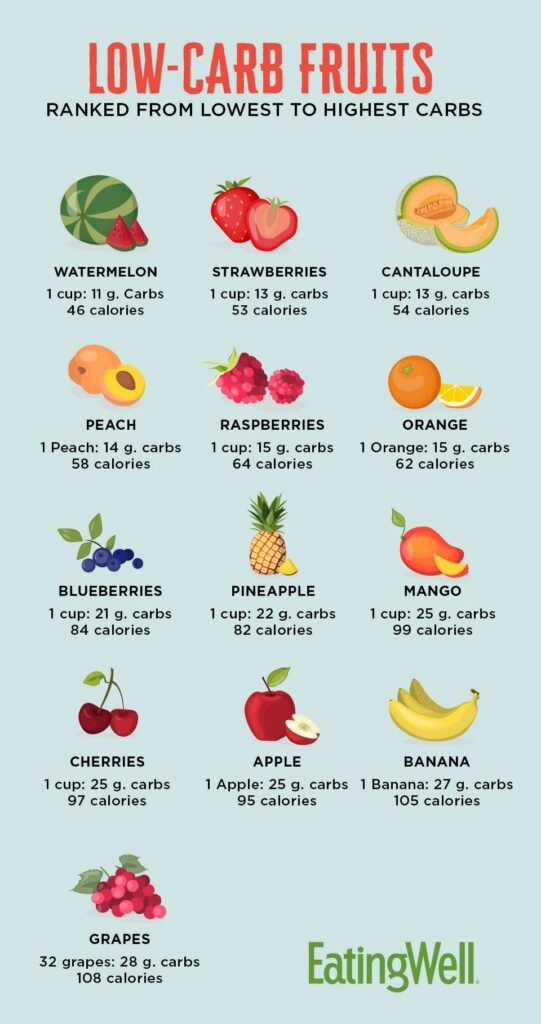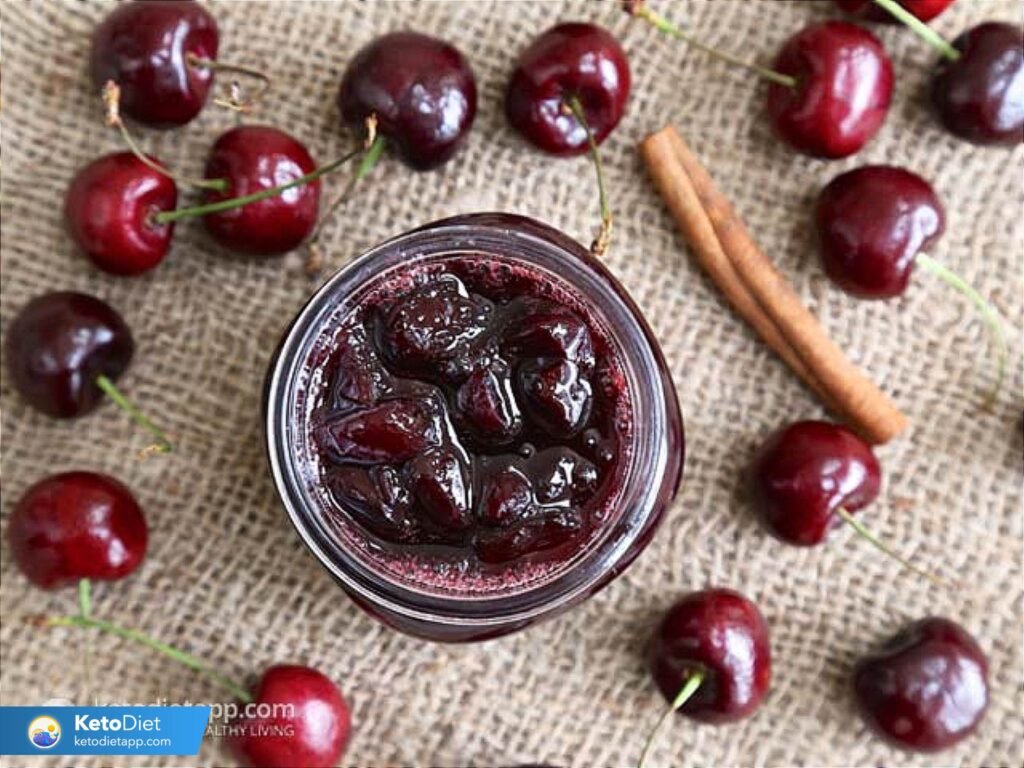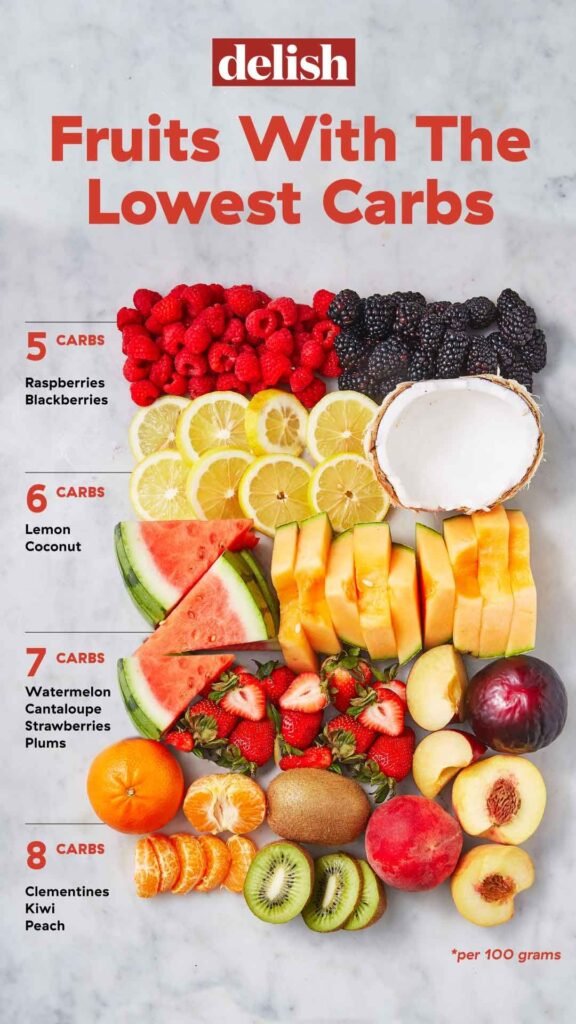Did you know that kiwi, that small, fuzzy fruit, is not only delicious but also packed with natural sugars? That’s right, kiwis are naturally sweet and can satisfy your sweet tooth in a healthy way. With their vibrant green flesh and unique tangy flavor, kiwis are a favorite among fruit lovers. Not only do they offer a burst of sweetness, but they also provide a host of health benefits. So, whether you enjoy them on their own, in a salad, or as a topping for your yogurt, you can indulge in the sweetness of kiwi guilt-free.
:max_bytes(150000):strip_icc()/kiwi-annotation-f5c69e28524f407794c6f352d94c299c.jpg)
What is Kiwi?
Kiwi, also known as kiwifruit, is a delicious and nutritious fruit that originates from China. It gets its name from the flightless bird, the kiwi, which is the national symbol of New Zealand. Kiwi fruit is oval in shape, with brown, fuzzy skin and bright green or yellow flesh. The taste of kiwi is unique and refreshing, with a perfect balance of sweetness and tartness.
Nutritional Profile of Kiwi
Kiwi fruit is not only tasty but also packed with essential nutrients that contribute to a healthy diet. One medium-sized kiwi contains around 42 calories and is a great source of carbohydrates.
Carbohydrates content
Carbohydrates are the body’s primary source of energy, and kiwi provides a good amount of them. A medium-sized kiwi contains approximately 11 grams of carbohydrates, making it a healthy option for those who need an energy boost throughout the day.
Natural sugars in Kiwi
While it is true that kiwi has natural sugars, it is important to note that the sugar content in kiwi is not excessively high. In fact, one medium-sized kiwi contains around 7 grams of sugar, which is relatively low compared to other fruits. It is important to consume kiwi in moderation, especially for individuals who are watching their sugar intake.
Fiber content
Fiber is an essential nutrient that promotes digestion and aids in maintaining a healthy weight. Kiwi fruit is an excellent source of fiber, with one medium-sized kiwi containing about 2.3 grams of dietary fiber. This helps to regulate bowel movements and prevent constipation.
Vitamins and minerals
Kiwi is loaded with various vitamins and minerals that are beneficial for your overall health. It is an excellent source of vitamin C, with one medium-sized kiwi providing more than the daily recommended intake. Vitamin C is essential for a strong immune system and plays a vital role in collagen production for healthy skin. Kiwi also contains vitamin K, vitamin E, potassium, and folate, all of which contribute to a well-rounded nutritional profile.
Health Benefits of Kiwi
In addition to its fantastic nutritional profile, kiwi offers numerous health benefits that make it a worthwhile addition to your diet.
Provides natural energy
Due to its carbohydrate content, kiwi provides a natural and sustainable source of energy. The combination of carbohydrates, natural sugars, and fiber in kiwi aids in maintaining stable blood sugar levels, preventing energy crashes throughout the day.
Boosts immune system
Kiwi is an excellent source of vitamin C, known for its immune-boosting properties. Vitamin C helps to stimulate the production of white blood cells, which are essential for fighting off infections and viruses. Incorporating kiwi into your diet can help strengthen your immune system and reduce the risk of falling ill.
Aids digestion
The high fiber content in kiwi makes it great for promoting healthy digestion. Fiber adds bulk to your stool and helps to regulate bowel movements, preventing constipation. Additionally, kiwi contains an enzyme called actinidin, which aids in breaking down proteins, making it easier for your body to digest food.
Supports heart health
Kiwi fruit is a heart-healthy food due to its potassium content. Potassium is a mineral that helps to control blood pressure, reducing the risk of cardiovascular diseases. Including kiwi in your diet can be beneficial for maintaining a healthy heart and overall cardiovascular health.
Promotes healthy skin
The vitamin C content in kiwi plays a crucial role in collagen production, which is essential for healthy and vibrant skin. Collagen helps to maintain the elasticity and structure of your skin, reducing the appearance of wrinkles and promoting a youthful complexion. Consuming kiwi regularly can contribute to healthier and more radiant-looking skin.
Potential Risks of Consuming Kiwi
While kiwi is generally safe and healthy to consume, it is important to be aware of potential risks associated with its consumption.
Allergic reactions
Some individuals may experience allergic reactions to kiwi fruit. The most common symptoms include itching or tingling in the mouth, swelling of the lips or throat, and stomach discomfort. If you have a known allergy to kiwi or have experienced any allergic reactions after consuming it, it is best to avoid it and consult with a healthcare professional.
Interaction with medication
Kiwi may interact with certain medications. For example, it may interfere with blood-thinning medications due to its vitamin K content. If you are taking any medications, it is advisable to consult with your healthcare provider before incorporating kiwi into your diet to ensure there are no potential interactions.
Comparison with Other Fruits
To better understand the nutritional value of kiwi, let’s compare it with some other popular fruits.
Kiwi vs. banana
While both fruits are delicious and nutritious, there are some key differences between kiwi and bananas. Kiwi has a higher vitamin C content compared to bananas, making it a better choice for boosting your immune system. On the other hand, bananas are higher in calories and carbohydrates, making them an excellent source of energy.
Kiwi vs. apple
Both kiwi and apples are rich in dietary fiber, but kiwi contains more vitamin C than apples. Apples, however, are higher in calories and carbohydrates. Both fruits offer unique flavor profiles and can be enjoyed as part of a healthy diet.
Kiwi vs. strawberry
Strawberries are a popular fruit known for their sweetness and vibrant red color. While strawberries are also a good source of vitamin C, they do not have as high a content as kiwi. However, strawberries are lower in calories and carbohydrates, making them a suitable option for those watching their calorie intake.
Incorporating Kiwi into Your Diet
Now that you understand the numerous health benefits of kiwi, it’s time to explore how you can incorporate this delicious fruit into your daily diet.
As a standalone fruit
One of the simplest ways to enjoy kiwi is by eating it as a standalone fruit. Simply peel off the fuzzy skin using a knife or a spoon, and slice the kiwi into bite-sized pieces. You can enjoy it as a refreshing snack on its own or pair it with other fruits for a colorful fruit salad.
In smoothies and juices
Kiwi adds a delightful burst of flavor to smoothies and juices. Blend fresh kiwi with your favorite fruits and a liquid base, such as almond milk or coconut water, to create a delicious and nutritious beverage. You can also combine it with spinach or kale for a green smoothie packed with vitamins and minerals.
In salads
Kiwi can be a unique and tasty addition to salads. Add sliced kiwi to a mixed green salad for a pop of color and a refreshing flavor. It pairs well with ingredients like strawberries, feta cheese, and balsamic vinaigrette.
As a topping or garnish
Slice kiwi and use it as a topping for yogurt, oatmeal, or even ice cream. The vibrant green color of kiwi adds visual appeal to your dish while providing a tangy and fruity taste. You can also use kiwi slices as a garnish for cakes, tarts, or cocktails to give them an extra touch of elegance.
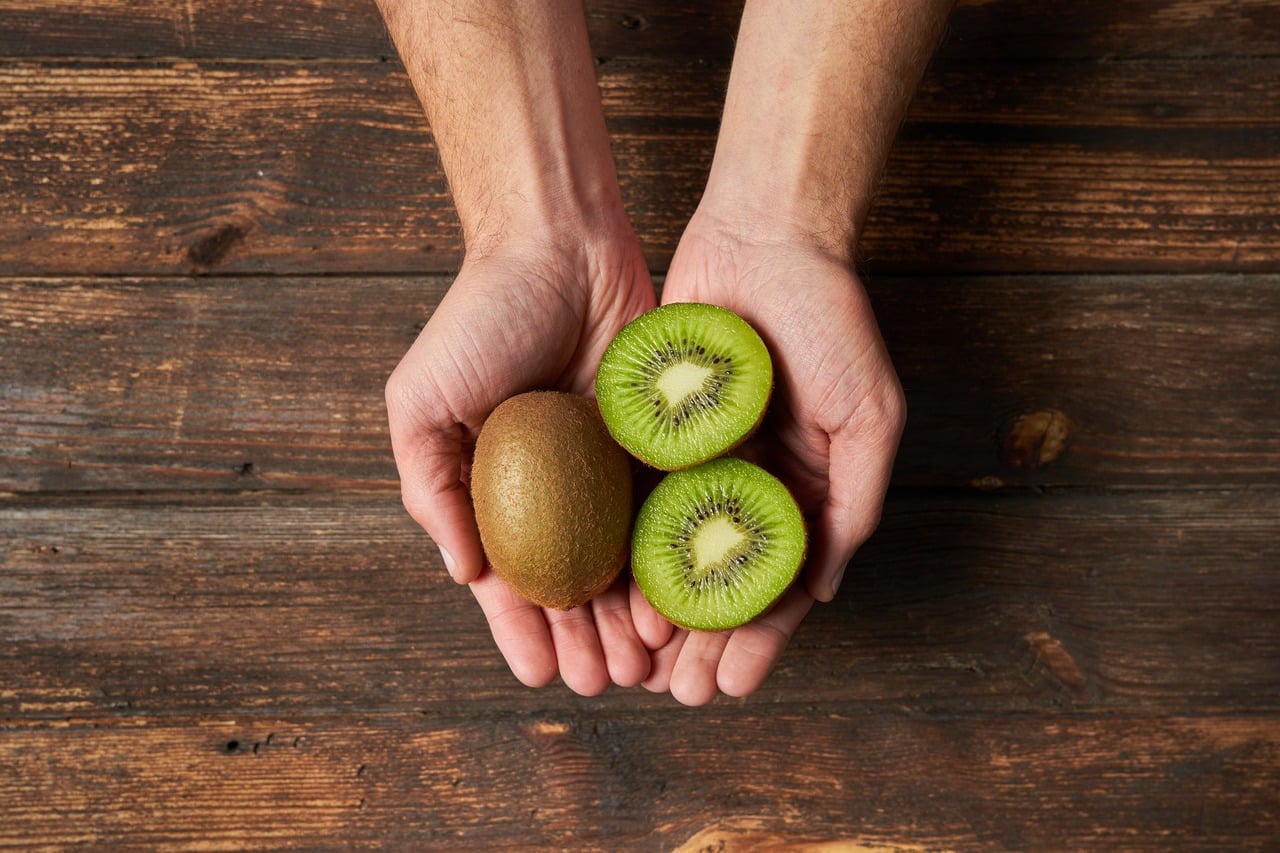
Kiwi Recipes
To add more variety to your kiwi repertoire, here are some delicious and easy-to-make kiwi recipes:
Kiwi fruit salad
Combine fresh kiwi with other fruits like strawberries, blueberries, and pineapple for a refreshing fruit salad. You can dress it up with a squeeze of lime juice or a drizzle of honey for some extra flavor.
Kiwi smoothie bowl
Blend frozen kiwi chunks with banana, spinach, almond milk, and a teaspoon of honey for a delicious and nutritious smoothie bowl. Top it with your favorite granola, nuts, and additional kiwi slices for a satisfying breakfast or snack.
Kiwi salsa
Dice kiwi and mix it with diced tomatoes, red onion, jalapeño, and cilantro for a flavorful and tangy salsa. This salsa goes well with grilled chicken or fish, or you can enjoy it with some tortilla chips as a refreshing appetizer.
Kiwi tart
Make a tasty kiwi tart by spreading a layer of cream cheese on a pre-baked tart crust. Arrange sliced kiwi on top, and drizzle with a honey glaze or sprinkle with powdered sugar for an extra touch of sweetness.
Selecting and Storing Kiwi
To ensure you get the best quality kiwi fruit, follow these tips when selecting and storing them.
Choosing ripe kiwis
When selecting kiwis, look for fruits that are slightly soft to the touch. Avoid ones that are too mushy or have wrinkled skins, as they may be overripe. The skin should be smooth and free from blemishes. Kiwis with a golden or yellow color are ripe and ready to be enjoyed.
Storing kiwis properly
If your kiwis are not yet ripe, you can keep them at room temperature for a few days until they soften. Once ripe, store them in the refrigerator to prolong their shelf life. Kiwis can last for up to two weeks when stored properly in the refrigerator.
Tips for Enjoying Kiwi
To fully enjoy the flavors and versatility of kiwi, here are some additional tips to keep in mind:
Peeling and slicing techniques
To peel a kiwi, you can use a knife or a spoon. Cut off both ends of the fruit, then insert a spoon between the skin and the flesh, circling the fruit until the skin is completely removed. Once peeled, you can slice the kiwi into rounds or dice it into smaller pieces, depending on your preference.
Pairing kiwi with other ingredients
Kiwi pairs well with a variety of ingredients. You can combine it with tropical fruits like mango and pineapple for a refreshing fruit salad. Kiwi also complements creamy ingredients like yogurt or coconut milk in smoothies for a flavorful and satisfying drink.
Using kiwi in desserts
Kiwi can be a delightful addition to desserts. It can be used as a topping for cakes or tarts, or even incorporated into pies and muffins. The tartness of kiwi balances out the sweetness of desserts, creating a harmonious flavor profile.
Conclusion
In conclusion, kiwi is a delicious and nutritious fruit that offers numerous health benefits. With its high vitamin C content, fiber, and various vitamins and minerals, kiwi supports your immune system, aids digestion, and promotes overall health. It is important to consume kiwi in moderation, especially for individuals with allergies or those taking certain medications. By incorporating kiwi into your diet, whether as a standalone fruit, in smoothies, salads, or desserts, you can enjoy its unique taste and reap the benefits of its nutritional value. So go ahead, grab a kiwi and start reaping the rewards of this amazing fruit!

